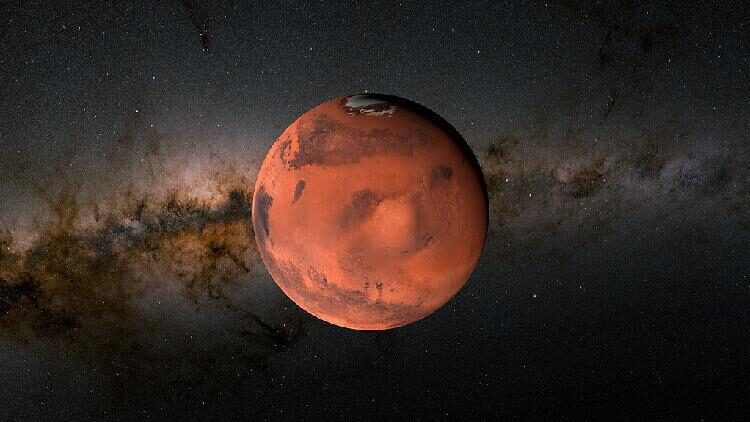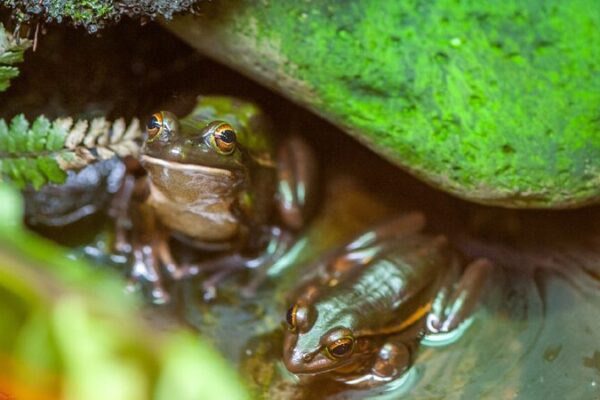As 2024 comes to an end, the world of science is buzzing with remarkable discoveries that have reshaped our understanding of nature. From ancient giants to the possibility of life on Mars, here’s a roundup of this year’s most fascinating breakthroughs.
Unraveling the Mystery of Ancient Giant Primates
Scientists have finally decoded the reason behind the extinction of Earth’s giant primates, often referred to as the ancestors of the legendary “King Kong.” Through meticulous fossil analysis, researchers found that drastic climate changes and shifting food sources led to their demise. This discovery offers new insights into how ancient species adapted—or failed to adapt—to environmental shifts.
Why Insects Are Drawn to Light
Ever wondered why moths swarm around lights? New research reveals that it’s not a fatal attraction but a navigation error. Insects use natural light sources like the moon to orient themselves, but artificial lights confuse them, causing disoriented flight patterns.
Revolutionizing Tree Cloning for Sustainable Forests
A breakthrough in genetic cloning has the potential to transform forestry. Scientists have developed an innovative method to enhance tree cloning, leading to healthier and more resilient forests. This advancement promises to bolster sustainability efforts and help forests withstand future environmental challenges.
Decoding the Glow of Fireflies
Fireflies have captivated humans for centuries with their enchanting glow. This year, scientists unraveled the complex mechanisms behind their bioluminescence. Understanding how fireflies produce light could pave the way for new technologies in bioengineering and sustainable lighting.
The Role of Menopause in Whale Societies
In a groundbreaking study, researchers discovered that menopause in whales plays a crucial role in the survival of their pods. Older female whales contribute by sharing knowledge and caring for younger members, shedding light on how menopause might have influenced human social evolution.
Butterflies Thriving in Extreme Environments
Entomologist Dr. Li Yang dedicated his research to the unique butterflies of the Tibetan Plateau. His studies unveiled how these resilient insects survive high altitudes and harsh climates, adapting to some of the most challenging conditions on Earth.
Moss on Mars? A Step Toward Space Exploration
In an exciting development, Chinese researchers have discovered that certain moss species can survive—and even thrive—in Martian conditions. This finding suggests that moss could play a pivotal role in future space missions, potentially aiding in sustaining life on the Red Planet.
As we reflect on these incredible achievements, it’s clear that 2024 has been a monumental year for natural science. These discoveries not only deepen our understanding of the world but also inspire hope for future innovations.
Reference(s):
cgtn.com








